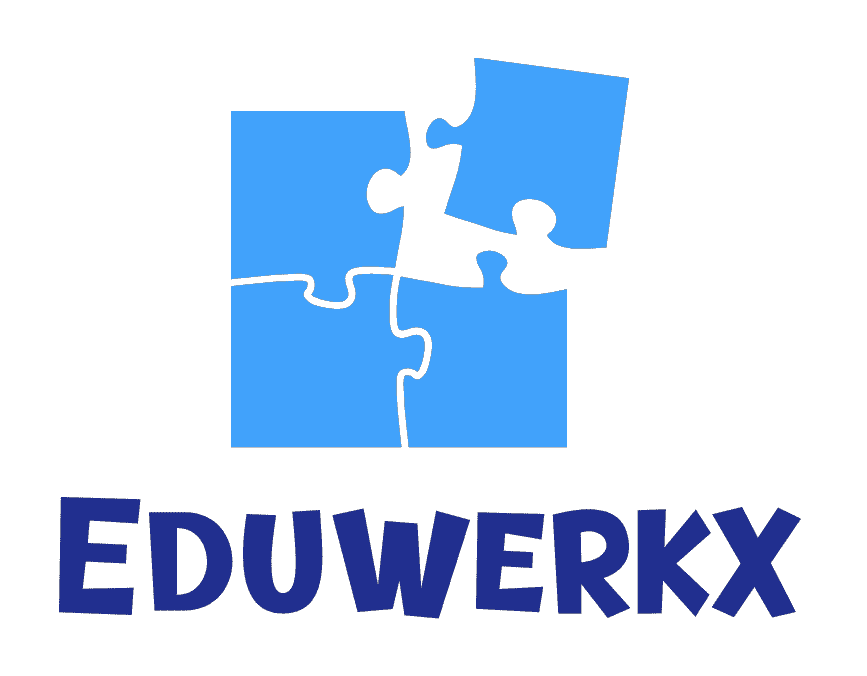Previously, we mentioned that people with underdeveloped higher-order thinking tend to display behaviors like excessive attachment to their methods—even when those methods have been shown to be seriously flawed. This mental rigidity causes them to modify their explanations and methods in ways that conceal the flaws, convincing themselves that making minor adjustments will be enough to resolve the issues. These behaviors are also the reason why Experts often struggle to come up with innovative solutions or make groundbreaking breakthroughs.
Experts truly shine when the path is defined, but they tend to struggle when faced with open-ended or uncertain situations. This causes them to suffer from imposter syndrome, which is a psychological pattern where highly skilled individuals doubt their abilities and feel like frauds, despite evidence of their competence. In this post, we will explore the next phase of the ego development: the Achiever stage.
Stage 6: Achiever – Conscientious Ego
You’ve likely seen a lot of self-help and motivational content online, all promising strategies to improve your life, achieve your goals and gain financial freedom. Much of this advice revolves around building systems to reach your goals and developing the “right” mindset — one that’s positive, disciplined and focused. But have you ever stopped to wonder why some people make it look so easy, while others seem to constantly struggle? The truth is, these behaviors aren’t just about having the right mindset or setting goals—it can be very tough for someone whose brain is not naturally wired for it.
The Achiever is basically the person all the motivational content is talking about—results-focused, driven, goal-oriented and constantly chasing the next big win. Unlike individuals from stage 5 and below who want success, the Achiever feels a strong need for success, and can often come across as being intense and competitive with extreme work ethics. The most significant brain development supporting this transition from Stage 5 involves further maturation of the prefrontal cortex, particularly the dorsolateral prefrontal cortex.
This gives Achievers the ability to formulate and pursue long-term, multi-faceted goals that would overwhelm an Expert’s cognitive capacity. Achievers possess a strong belief that their abilities can be developed through effort, rather than being fixed. This is the result of their well-developed anterior cingulate cortex, which is similar to a monitoring and motivational system, which acts as an internal coach. This system constantly evaluates their progress, keeps them motivated, and pushes them to step beyond their comfort zone to grow and overcome challenges.
Their reward pathways also become more responsive to long-term goals rather than immediate rewards, supporting the Achiever’s capacity for sustained effort towards distant goals. As a result, Achievers find fulfilment in setting and accomplishing challenging goals. Their sense of identity is often shaped by external recognition and a strong drive to build a track record of accomplishments. Reaching the Achiever stage requires learning how to make effort feel rewarding instead of stressful.
Well-designed learning games are particularly effective at training these systems—determination, emotional resilience around effort, enjoying the process, internalized belief that abilities are not fixed etc. When the brain constantly links effort to stress or frustration, it creates a negative cycle of avoiding challenges and encouraging procrastination. The stress makes it hard to overcome the discomfort that comes with growth and the urge to procrastinate, keeping the mind focused on short-term threats instead of long-term growth.
Despite bold promises, the truth is nearly all learning methods available today fall short when it comes to helping a child progress beyond Stage 4 of development. The core issue is that these methods are designed by people who often lack a true understanding of how human development works. They’re focused on immediate performance and the most convenient route to achieve it, which unintentionally creates invisible walls that block the long-term growth that truly matters.
Curious to learn more about the gaps between learning and real development? Like and follow for more.
